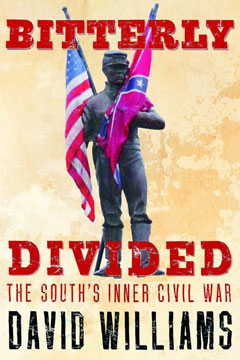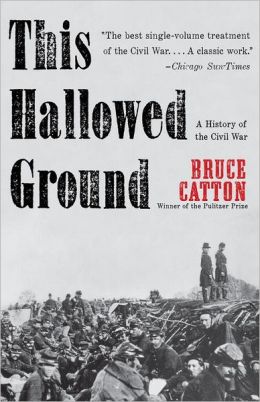New York: Public Affairs, c2020, 2021.
ix, 340 pages : illustrations ; 21 cm
It's hard to say whether US citizens have very short memories or face such a powerful propaganda apparatus that it takes a bit of hard work and (soul-crushing honesty) to learn the dirty truths of US history and foreign policy. Considering this, books like The Jakarta Method are wonderful (and painful) antidotes to the flood of official misinformation and willful forgetting that plague the US.
How many US citizens realize that their government actively helped and encouraged the slaughter of about 1 million unarmed, harmless, and law-abiding civilians in Indonesia in 1965 because of their actual or alleged connections to the completely legal and open communist party of Indonesia. And how many people who know of this vaguely or in more detail, know that it set the pattern for US sponsored/supported ruthless attacks on civilians in Asia, Africa, Central and South America? Bevins does a remarkable job of pulling together this lethal history from the overthrow of Iran to the rise of the extremist president Bolsonaro in Brazil. The reader learns about the deep connections of the Indonesian slaughter with slaughter and atrocities in Brazil, Guatemala, Angola, Vietnam and other states. The numbers and cruelty are truly appalling.
Bevins also does a good job in scoping out to consider the profound effects that such widespread and cold-blooded killing has had in shaping the world we live in now. He questions what it means to "win" the Cold War when the means were so depraved and terrible. He wonders about what kind of world we might live in if the pro-democracy, constitutional parties that leaned left or opposed US hegemony had been allowed to survive. Would we see the same appalling wealth inequalities that plague the world, would the rule of law be stronger, and would there be better human rights protections today?
His book is profound and timely as both in the US and abroad many leaders are encouraging authoritarian rule and promoting lies and violence as a way to preserve their power.
It is a book I highly recommend.







